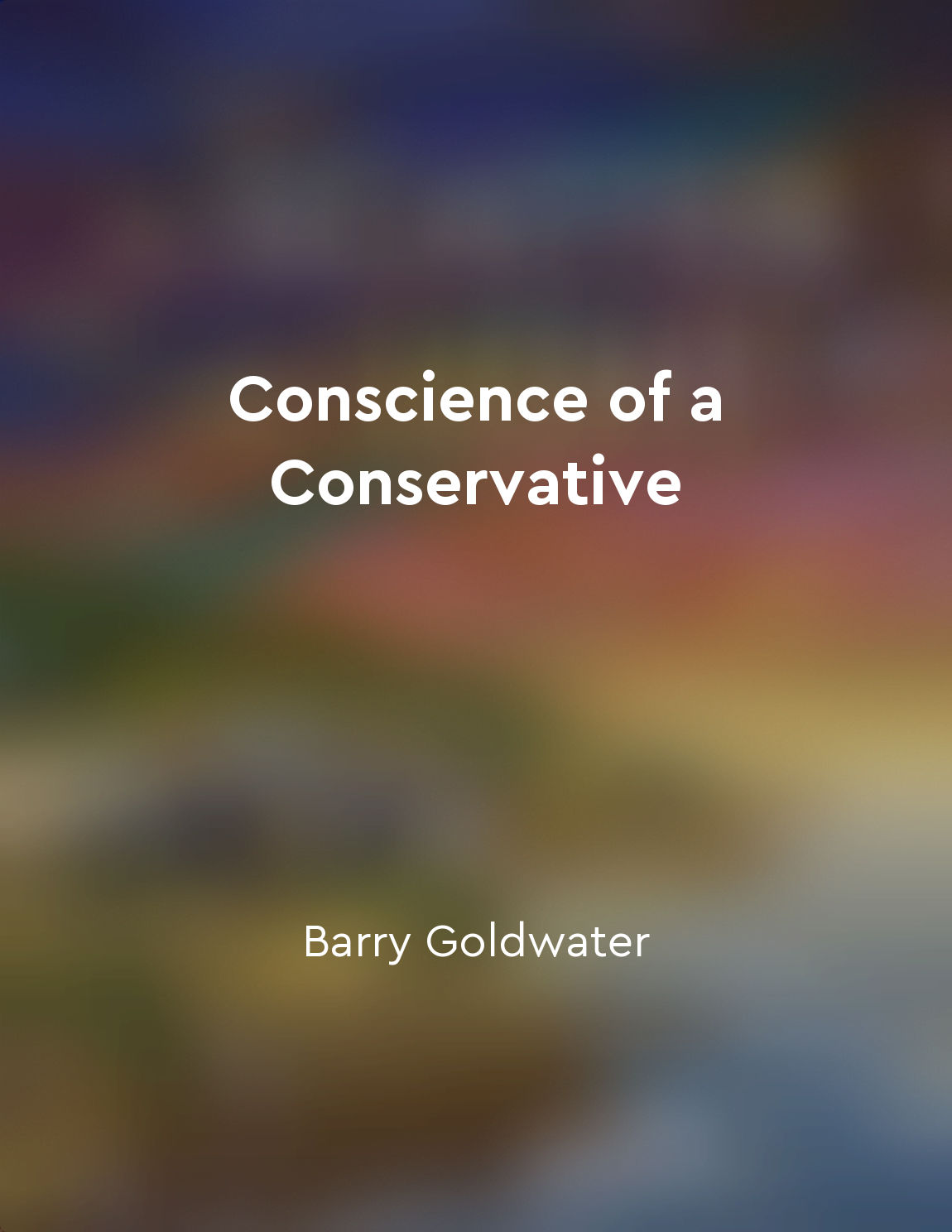Emergence of modern state in early modern Europe from "summary" of The Origins of Political Order by Francis Fukuyama
The emergence of modern states in early modern Europe was a crucial development in the evolution of political order. This period saw the consolidation of power in the hands of centralized monarchies, marking a shift away from the fragmented feudal system that had characterized the Middle Ages. One key factor in the rise of modern states was the decline of feudalism, which had been the dominant social and political system in Europe for centuries. Feudalism was based on a decentralized network of relationships between lords, vassals, and serfs, with power and authority dispersed among a patchwork of local fiefdoms. As feudalism weakened, monarchs were able to assert greater control over their territories, centralizing power in the hands of the state. This process was facilitated by advancements in military technology, which allowed rulers to project power over larger areas and suppress internal rebellions more effectively. Another important factor in the emergence of modern states was the development of bureaucratic institutions. Monarchs began to establish administrative structures to govern their realms, creating a professional class of civil servants to manage the day-to-day affairs of government. This marked a departure from the personalistic rule of the feudal era, with power now vested in impersonal institutions rather than individual nobles. The rise of modern states also coincided with the growth of nationalism, as people began to identify more strongly with their rulers and fellow subjects. This sense of shared identity helped to legitimize the authority of the state and foster a sense of loyalty among its citizens.- The emergence of modern states in early modern Europe was a complex process driven by a combination of factors. From the decline of feudalism to the centralization of power, the development of bureaucratic institutions, and the rise of nationalism, this period marked a profound transformation in the nature of political order.
Similar Posts
Social norms regulate behavior within societies
Social norms are unwritten rules that govern behavior within societies. These norms dictate what is considered acceptable or un...

A strong national defense is necessary for security
National defense is not simply a matter of protecting our borders or maintaining a military presence around the world. It is a ...

Money is a shared fiction
Money is a peculiar thing. Unlike objects such as rocks or trees, money has no intrinsic value. It is simply a piece of paper o...
Education became a key tool for empowering individuals and advancing societies
Throughout history, education has played a pivotal role in shaping the destiny of individuals and societies. As civilizations e...
Catholic Church key institution in medieval Europe
In medieval Europe, the Catholic Church played a central role as a key institution in shaping the political order of the time. ...

Culture shapes human behavior and beliefs
Culture is not just about rituals and traditions; it is a powerful force that influences every aspect of human life. From the w...
Middle Ages in Europe marked by weak central authority
During the Middle Ages in Europe, the political landscape was characterized by a lack of strong central authority. This period ...

The state should promote the cultivation of the soul
In a just society, the state must prioritize the development of the individual's soul. This cultivation of the soul is essentia...

Humans have unique ability to cooperate in large numbers
At the heart of human civilization lies the remarkable ability of Homo sapiens to cooperate in large numbers. This unique trait...

